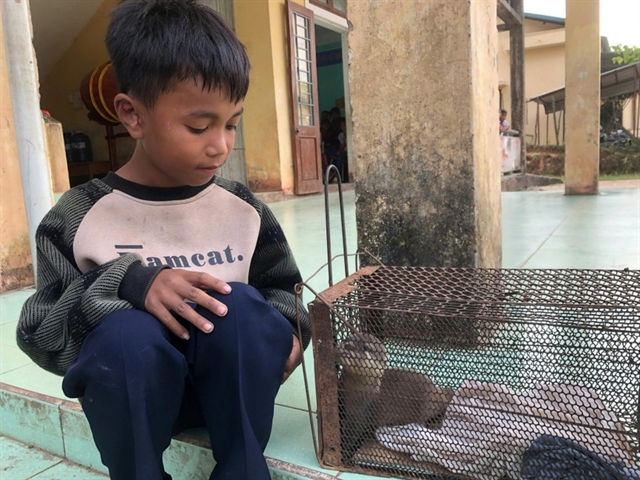 Media-OutReach Newswire
Media-OutReach Newswire

Over 2.5 Million Unintended Pregnancies Prevented since2017
KIGALI, RWANDA - Media OutReach - 13 November2018 - A groundbreaking international report on family planning shows the use of modern contraception on the rise in the Philippines, asfamily planning is increasingly viewed as critical to the country's economicprospects. The report also shows modern contraception has prevented over 2.5million unintended pregnancies and over 600,000 unsafe abortions between July2017 and July 2018.
Despite the strong progress, nearlyone-in-three married women aged 15-49 still have unmet need for moderncontraception.
Beyond the Philippines, the report shows morewomen and girls than ever before are making the voluntary choice to usecontraception in the world's 69 lowest-income countries.
The report entitled FP2020 Catalyzing Collaboration has been produced by FamilyPlanning 2020 (FP2020) - a global partnership that supports the rights of womenand girls to freely decide whether, when, and how many children they want tohave. The report for the first time everincludes new data on government spending on family planning in thePhilippines. The report -- availableelectronically [here -- insert link] shows:
In the Philippines:
○ 2,549,000 unintended pregnancieswere prevented
○ 601,000 unsafe abortions wereaverted
○ 1,200 maternal deaths were averted
Globally:
Executive Director of Family Planning 2020,Beth Schlachter said:
"Rights-basedfamily planning is a catalyst that unlocks the potential of girls and women inthe Philippines and around the world. Our goal is to ensure that each one isable to exercise her basic rights to self-determination, health, dignity, andequality. This is a linchpin strategy for countries to improve the health andwell-being of their citizens and economy.
"Womenrepresent half the global population, and there can be no healthy populationglobally or in the Philippines without reproductive health care. As we continue to build the framework forUniversal Health Coverage (UHC), we must ensure access to full, free, voluntarycontraception is included for all women and girls. As countries build UHC strategies,rights-based family planning and SRHR services must be integrated withinprimary health care systems."
Interviews aboutthe report and its significance in the Philippines are available with thefollowing individuals. If you would like an in interview, or have writtenquestions, please reach out directly by email.
Dr. Maria RosarioVergeire, Assistant Secretary of Health, DOH, officeofasecrsv@gmail.com
Dr. Ruby Costantino,Director of Family Health Office, rubyconstantino1@gmail.com
Dr. Junice Melgar, Executive Director, LIKHAAN, junice@likhaan.org
Dr. Yolanda Oliveros, FP/MCH Team Lead, yoliveros@usaid.gov
Dr. Angelito Umali, Maternal Health Officer, umali@unfpa.org
A fact sheet withmore data specific to the Philippines from the new report, as well as photoimages you are welcome to use, can be found here [https://we.tl/t-N6t2UUf3Xs].If attribution is needed, please attribute to Family Planning 2020.
The report is being launched at theInternational Conference on Family Planning. Please follow and join in the conversation at:
Twitter: @FP2020Global
Facebook: /FamilyPlanning2020
YouTube:FP2020Global
More background on the Philippine's recentactivities and progress relating to family planning can be found athttps://www.familyplanning2020.org/philippines.




